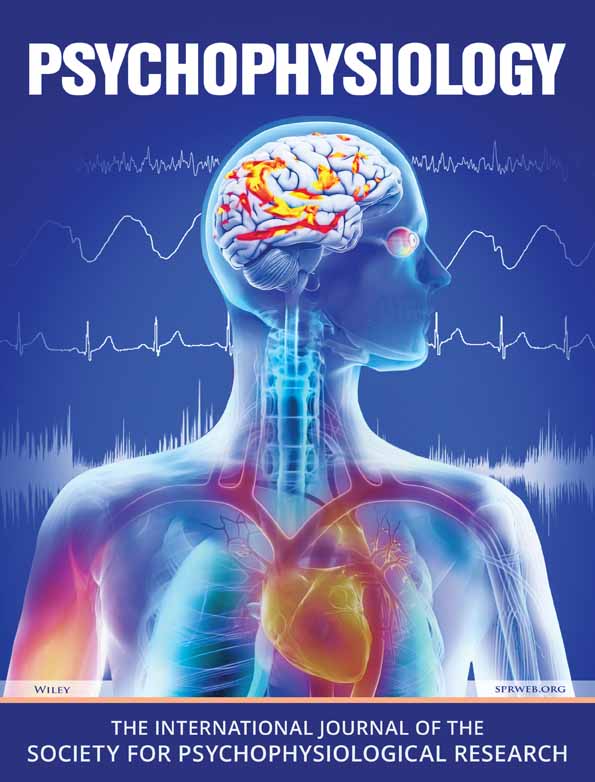Selective slow-wave sleep deprivation and time-of-night effects on cognitive performance upon awakening
Abstract
We evaluated the effects of selective slow-wave sleep (SWS) deprivation and time-of-night factors on cognitive performance upon awakening. Ten normal men slept for 6 consecutive nights in the laboratory: 1 adaptation, 2 baseline, 2 selective SWS deprivation, and 1 recovery night. Cognitive performance was assessed by means of a Descending Subtraction Task after 2, 5, and 7.5 h of sleep. There was an almost complete selective SWS suppression during both deprivation nights, and a significant SWS rebound during the recovery sleep. Regarding cognitive performance, a progressive linear decrease of sleep inertia upon successive awakenings was found during all experimental nights except for the recovery night. In addition, a significant decrease of sleep inertia was observed upon the morning awakening of the second deprivation night for the measure of performance speed, and a significant increase of sleep inertia upon the morning awakening of the recovery night for the measure of performance accuracy. The results show that cognitive performance upon awakening is adversely affected by sleep depth and that, during the sleep–wake transition, cognitive performance accuracy is more impaired than performance speed.




